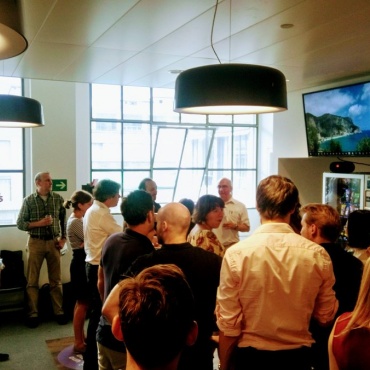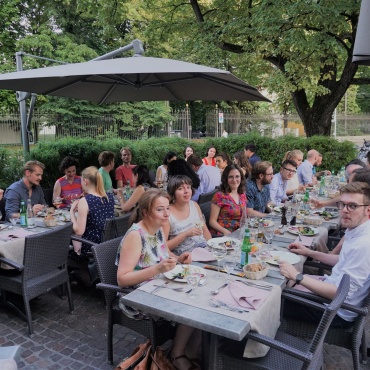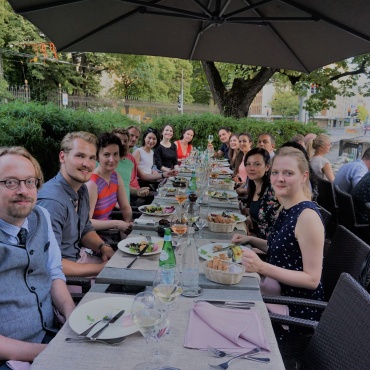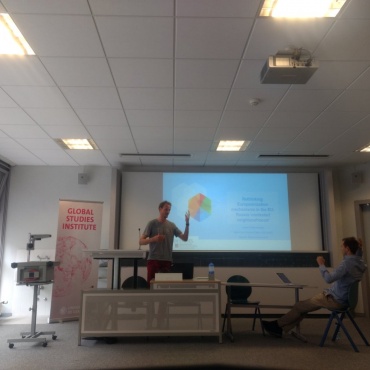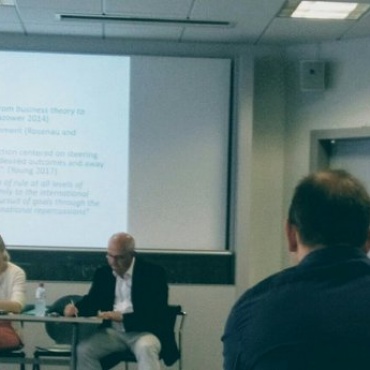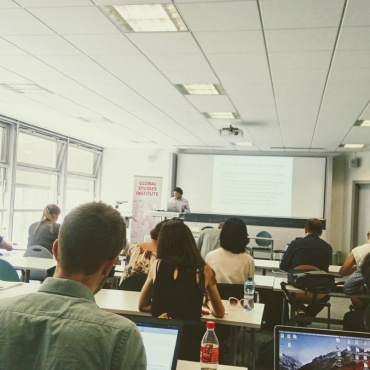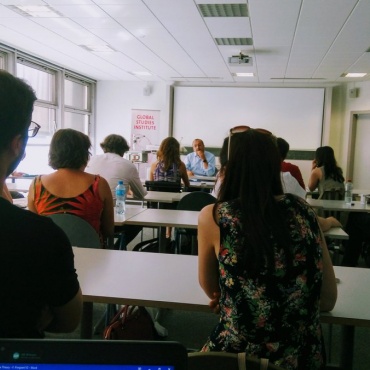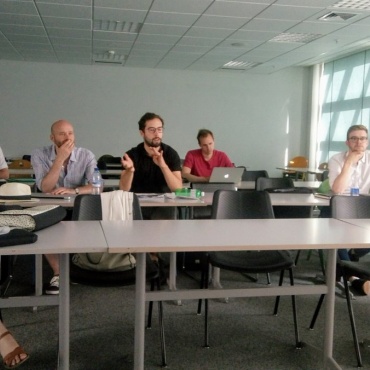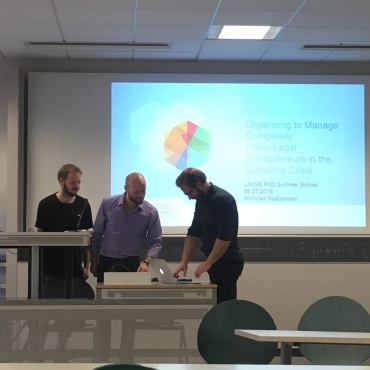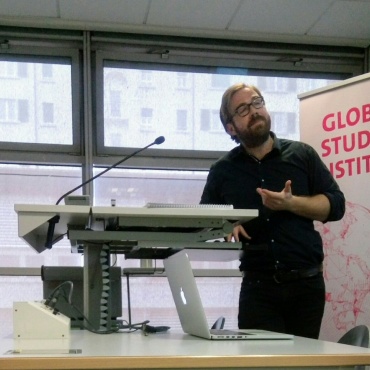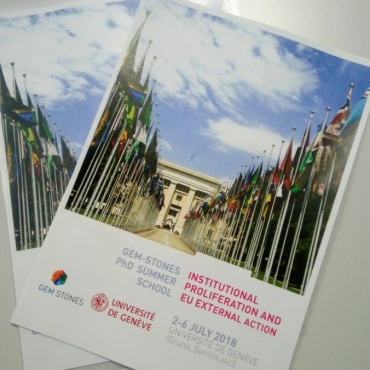2nd GEM-STONES Summer School
09:00 - 17:00
30, Quai Ernest-Ansermet
Case postale
CH - 1211 Genève 4
Introduction
The second GEM-STONES Summer School ‘Institutional Proliferation and EU External Action’ took place at the Global Studies Institute of University of Geneva in Switzerland, on 2nd – 6th July 2018.
The GEM-STONES (Globalisation, Europe & Multilateralism - Sophistication of the Transnational Order, Networks, and European Strategies) PhD program aims at understanding the developing transnational order, and at assessing EU’s role within it. Since the establishment of the League of Nations in 1920, Geneva has long been a hub for international governance, through an unequaled concentration of International Organizations gravitating around the UN European Headquarter Office. The institutional proliferation approach of this Summer School aimed at identifying the multiple formal IOs, the QUASIOs (such as ISO) and the myriad of NGOs and examining whether and how efficiently they interact with each other. The regime complex approach developed by IR scholars, and the International Law constitutionalisation/fragmentation debate were the most central theoretical approach mobilized. Based on this understanding of the functioning of the “Geneva Governance Hub”, the participants investigated the EU action on the Geneva stage. PhD candidates presenting their work discussed how their own research fits within this complex and sophisticated transnational order perspective and contribute to the development of a theoretical framework capturing the evolution of multilateralism within a globalized world.
Contributors
| Mr. S. BAL (United Nations Office at Geneva) | Prof. G. LEWKOWICZ (Université libre de Bruxelles) |
|
Dr. S. DAVIDSHOFER (Université de Genève)) |
Prof. R. MARCHETTI (LUISS Guido Carli di Roma) |
|
Prof. R. KOLB (Université de Genève) |
Prof. J.-F. MORIN (Université Laval) |
|
Prof. S. LAVENEX (Université de Genève) |
Mr. F. PONJAERT (Université libre de Bruxelles) |
| Prof. N. LEVRAT (Université de Genève) | Prof. D. WERNLI (Université de Genève & Hong Kong University) |

